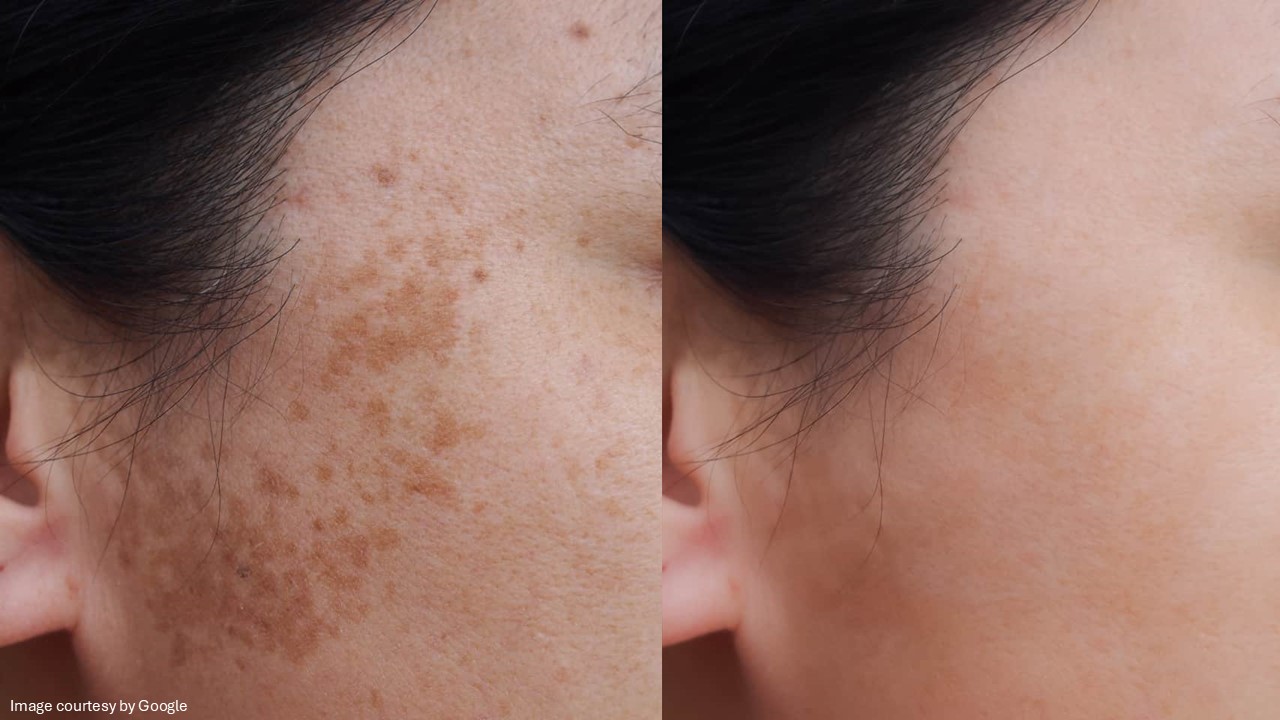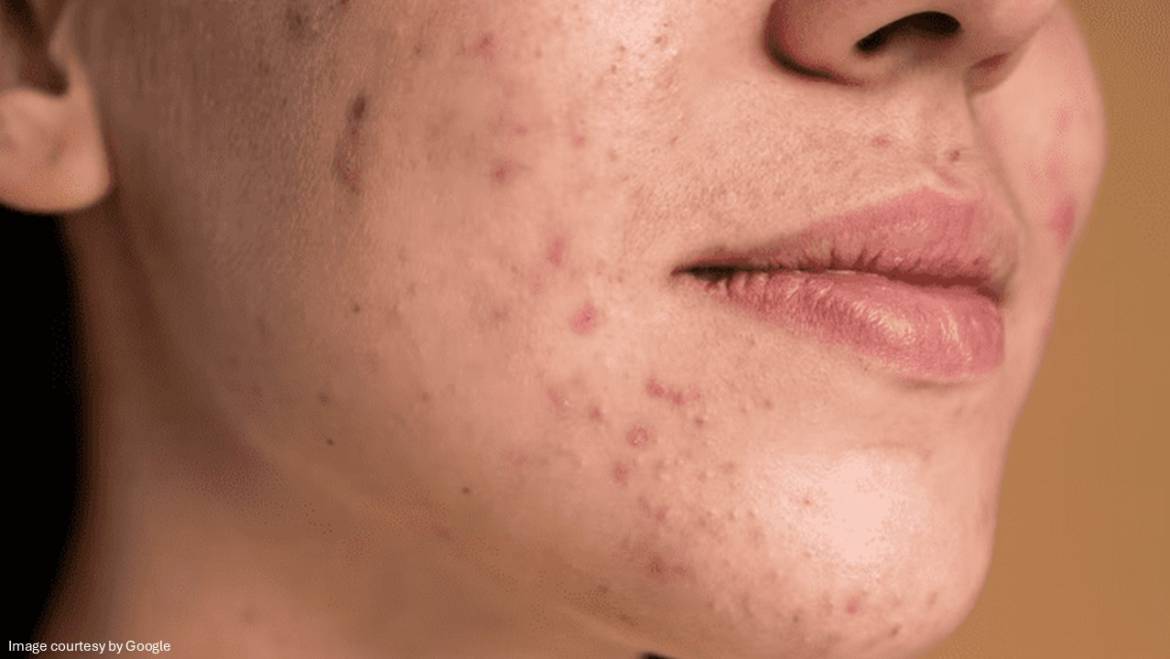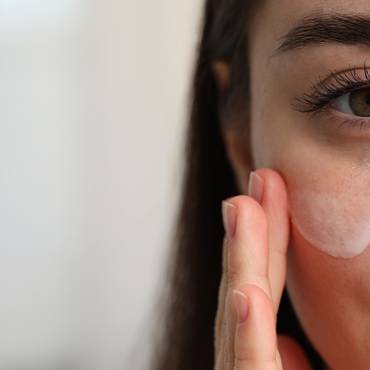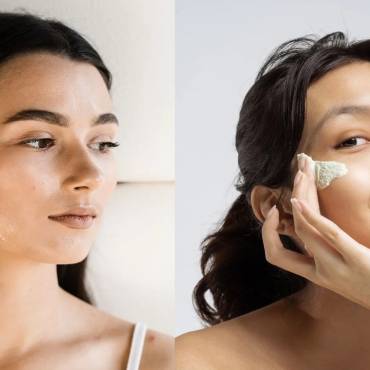In the skincare world, terms like pigmentation and hyperpigmentation are taken seriously; both terms refer to skin problems that can affect both men and women, and they want to get rid of these problems as soon as possible. Before hitting any skin lightening products, it is important to understand these skin conditions – the root causes of hyperpigmentation and its appropriate solutions. Pigmentation can be defined as natural dark spots or black color patches that appear on the skin, and such spots disappear after some time. Hyperpigmentation refers to a particular skin condition that remains adamant in the long term, so we require a face lightening or skinlite cream to deal with this condition.
This page will discuss the causes of hyperpigmentation and possible treatment options.
Causes of hyperpigmentation
There are various causes behind the development of hyperpigmentation. Sometimes, these factors work collectively, but sometimes, an individual factor is enough. The most common causes of hyperpigmentation are:
-
- Sun exposure – Excessive exposure to UV rays may trigger an overproduction of melanin, and thereby, you experience some dark spots on different body parts like the face, neck, hand, and shoulder. When a generic cream for dark spots fails to remove these spots, you should be prompted to try a skin lightening cream to manage the condition.
- Hormonal changes – Hormonal changes invite an outbreak of hyperpigmentation. Usually, women experience this condition during pregnancy (melasma), menopause, or while using hormonal contraceptives. A hormonal disorder can increase the level of melanin in your body, raising the risk of dark patches on the skin.
- Medications – Long-term medication could disturb hormonal order in the body. Moreover, the possible side effects of different medications, such as nonsteroidal anti-inflammatory drugs (NSAIDs), antibiotics, or chemotherapy drugs, can cause dark spots or hyperpigmentation.
- Ageing – With age, the strength and health of your skin tissues diminish. This is the time when pigment accumulation happens in certain areas, and then dark spots form that remain with you. Even if you try the best cream for dark spots, you cannot fight with nature and cannot control skin wrinkles that naturally happen.
- Skin conditions – Some conditions like melasma or lentigines raise the risk of pigmentation changes. Moreover, metabolic disorders and overproduction of skin oil can cause hyperpigmentation. The side effects of chemical skin care for oily skin could promote melasma and may further invite adamant black spots on the skin that aggravate with time.
- Lifestyle factors – Lifestyle-related factors like poor nutrition, incorrect selection of skin oil & perfume, smoking, consumption of illicit materials, and unhealthy living conditions can also harm your skin’s health. They could be a cause of hyperpigmentation or dark patches.
Hyperpigmentation as a skin condition
Hyperpigmentation is one of the common skin conditions that many people from different age groups experience. It simply occurs when dark patches on the skin are catalyzed by the excess production of melanin (a natural pigment responsible for skin color). Controlled production of melanin is fine for your skin, but other factors also influence melanin levels in your body. Instead of applying a cream for dark spots, it is important to take a step to regulate melanogenesis, the process of melanin production, to combat hyperpigmentation.

Understand the mechanisms of hyperpigmentation
Apart from melanogenesis, hyperpigmentation is influenced by certain other factors. The excessive tyrosinase activity promotes melanin production, causing dark patches and blackheads. The proliferation of melanocytes, cells that produce melanin, can promote pigmentation, and this condition becomes a form of hyperpigmentation after a period. Similarly, skin inflammation can damage tissues, leading to a skin condition or hyperpigmentation. An effective face lightening cream or skin lightening cream works according to the mechanism of this skin condition. Therefore, applying only cream for dark spots is not very effective until you use something to manage melanin production.
Effective hyperpigmentation treatment
It is recommended that your skin lightening products must have some specific agents to treat hyperpigmentation. These agents include retinoids, vitamin C, hydroquinone, azelaic acid, and niacinamide. They help you exfoliate pigmented skin through the microdermabrasion process. One can include skin care for oily skin along with these elements. Those looking for other preventive measures can include some sunscreen creams and antioxidant properties to protect the skin from any radical damages inflicted by the exfoliation.
Conclusion:
Hyperpigmentation can impact any gender at any age. Understand its cause before hitting for any treatment. If you experience moderate and above hyperpigmentation, then consulting a dermatologist is important to avoid turning your hyperpigmentation into severe. Know the best treatment that suits your condition rather than choosing any random product.
admin
Latest posts by admin (see all)
- What is Triluma Cream? Uses, Benefits, and How It Works for Skin - December 26, 2024
- What Causes Dark Spots? Understanding the Science of Hyperpigmentation and How Skin Lightening Products Help - December 26, 2024
- Tretinoin Gel vs. Cream: Which Formulation is Right for Your Skin? - December 20, 2024



